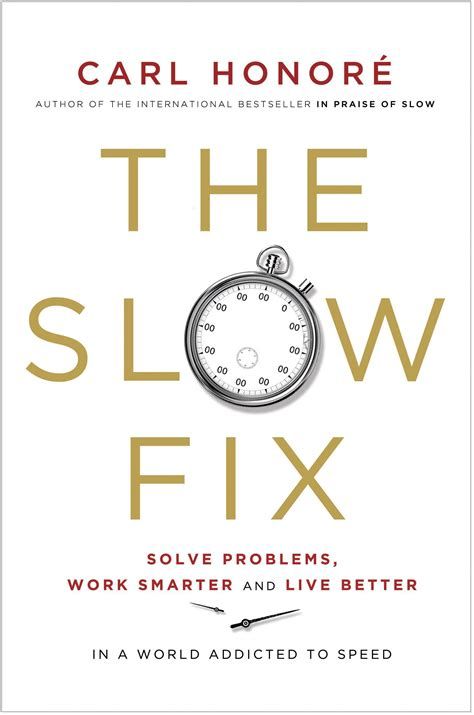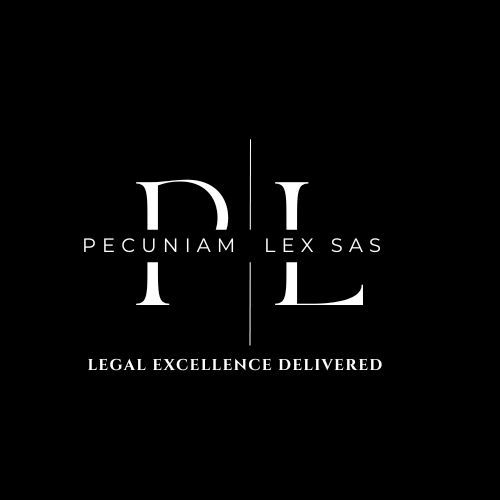Enhancing Workplace Harmony: Alternative Channels for Communication and Work Issue Resolution
Phillips J. Diaz-Vicioso LL.M.
March 31, 2013
“The Music Lesson” (1662–1665) by Johannes Vermeer

In today’s dynamic workplace environment, fostering a positive and productive relationship between management and employees is paramount. While labor unions have traditionally played a significant role in facilitating this relationship, businesses are increasingly exploring alternative channels of communication and work issue resolution. This approach offers flexibility, fosters direct engagement, and can lead to more tailored and immediate solutions to workplace challenges. Aimed at HR departments, business owners, executives, and managers, this article delves into effective strategies beyond union labor to ensure a harmonious and efficient workplace.
Building Open Channels of Communication
Direct Dialogue
Encouraging open and direct dialogue between employees and management can lead to a deeper understanding of workplace issues. Regular town hall meetings, one-on-one sessions, and open-door policies with management can make employees feel heard and valued.
Feedback Mechanisms
Implementing structured feedback mechanisms, such as anonymous surveys or suggestion boxes, can provide employees with a safe space to voice concerns and suggestions without fear of reprisal.
Digital Platforms
Leveraging digital communication platforms can facilitate continuous and transparent communication across all levels of an organization. These tools can support real-time feedback, collaboration, and community building.
Innovative Work Issue Resolution Strategies
Peer Review Panels
Establishing peer review panels for conflict resolution allows for a democratic approach to solving workplace issues. By involving a cross-section of employees in the resolution process, companies can foster a sense of fairness and collective responsibility.
Mediation Programs
Offering mediation services as a neutral third party can help resolve disputes amicably and efficiently before they escalate. Mediation can address interpersonal conflicts, misunderstandings, and grievances in a confidential setting.
Employee Resource Groups (ERGs)
ERGs provide platforms for employees sharing common interests or characteristics to support each other and discuss workplace issues. These groups can also offer valuable insights to management on improving workplace culture and policies.
Empowering Employees through Participation
Participatory Decision-Making
Involving employees in decision-making processes, especially those directly affecting their work and workplace environment, can enhance engagement and commitment. This could range from flexible work arrangements to safety protocols and corporate social responsibility initiatives.
Skills and Leadership Development Programs
Investing in employees' professional development not only enhances their skills but also empowers them to take on leadership roles within the organization, potentially reducing the need for external union intervention.
Recognition and Reward Systems
Implementing systems that recognize and reward employee contributions can reinforce a positive workplace culture. Recognition can be monetary, such as bonuses or raises, or non-monetary, such as additional time off or public acknowledgment of contributions.
How We Can Help
Our consultancy specializes in helping businesses establish and enhance alternative channels of communication and work issue resolution. Our services include:
- Strategic Planning: Assisting in developing a comprehensive communication and conflict resolution strategy tailored to your organization's needs.
- Training and Workshops: Offering training sessions for management and employees on effective communication, negotiation skills, and conflict resolution techniques.
- Policy Development: Helping formulate policies that support open communication, employee engagement, and fair conflict resolution.
Conclusion
Adopting alternative channels for communication and work issue resolution can significantly contribute to a harmonious and productive workplace. By fostering direct engagement, offering flexible resolution mechanisms, and empowering employees, businesses can navigate beyond traditional union labor dynamics. Our team is dedicated to guiding HR departments, business owners, executives, and managers through the process, ensuring that your organization not only meets but exceeds its workplace harmony and efficiency goals.












